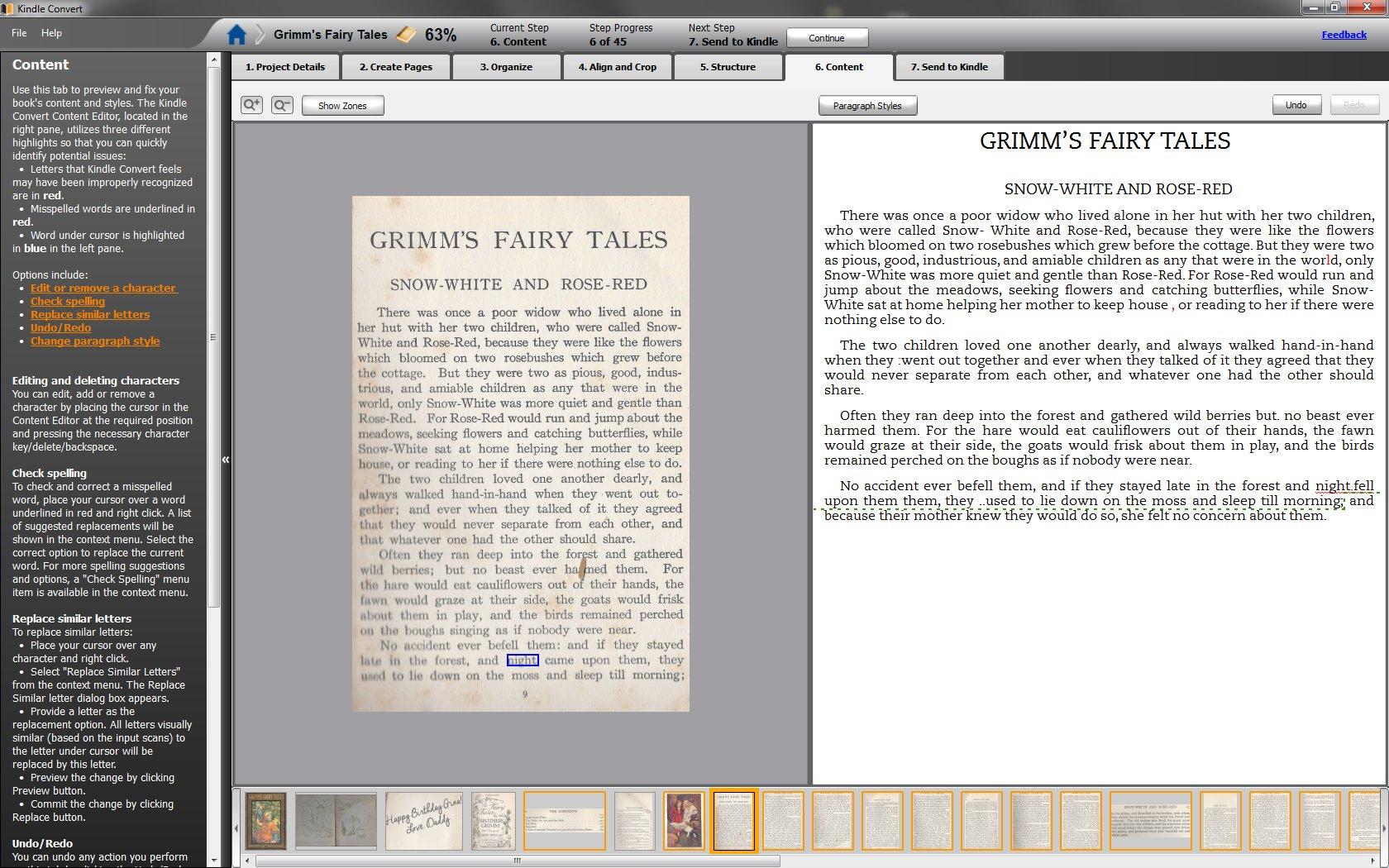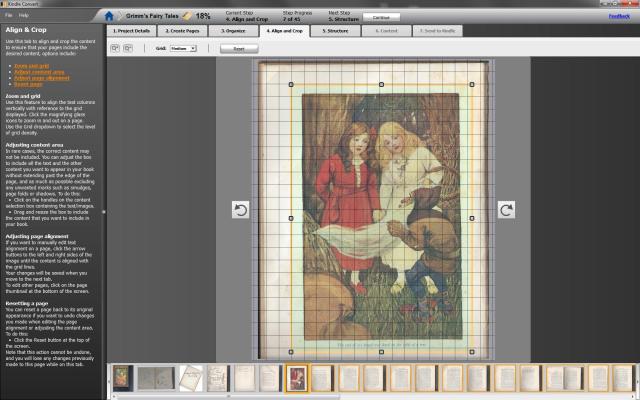If you’ve been hanging on to those paper books because the idea of having to repurchase them all as Kindle titles is daunting, Amazon has a new option for you: Kindle Convert, a program for Windows that turns print books into digital versions fully compatible with Amazon’s Kindle software, including adjustable font, Whispersync for making sure you’ll be able to go to the furthest read position on any device, and backup in Amazon’s cloud for free, providing access across devices.
There’s a price to pay, however, beyond even the initial $19 that the software download costs (it’s also listed as being $49 at full price): In order to get your books into digital format, you’ll have to actually scan them using a standard flatbed or other type of computer scanner, which means doing things two pages at a time at most. As The Ebook Reader notes, it’s also limited to U.S. customers for now.
Luckily the hardware requirements aren’t that steep, as Kindle Convert should work with any scanner than can produce a .jpeg, .tiff or .pdf target file with 300-600 DPI, and either 24-bit depth for color or 8-bit for grayscale or black and white. That covers basically any scanner included in modern all-in-one printers at virtually every price point.

Most people will probably not take the time required to convert their entire library to Kindle format using this method, regardless of how much it may save them in terms of monetary cost, unless you’re a monk in an abbot tasked with digital conversion of an entire archive and you basically have all the time in the world.
Kindle Convert is still probably useful for a lot of people, because it can help convert special out-of-print books that may not be generally available, as well as documents and books with personal value that may not exist anywhere else. It also preserves elements such as images, which is great for archival purposes. Plus, it’s a way to add more control over your own existing content, and a way to make it much easier to take digital notes on archival material.
